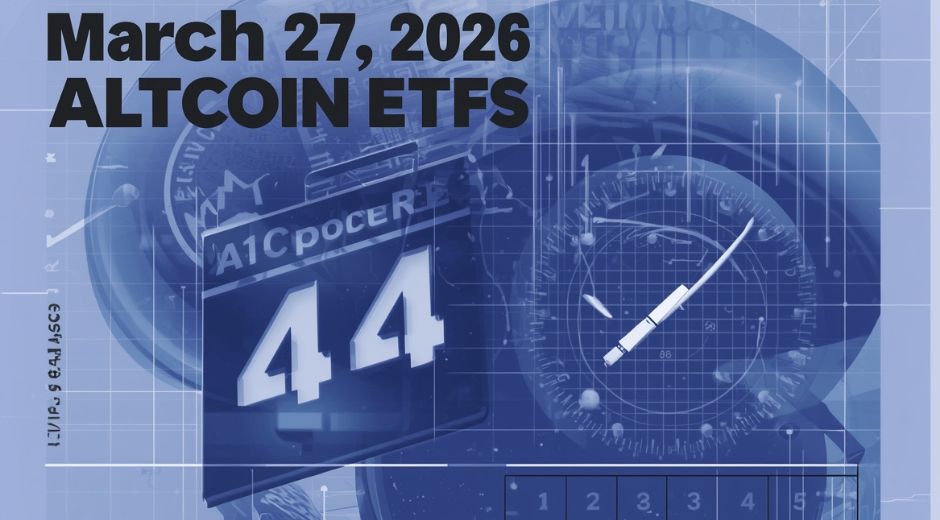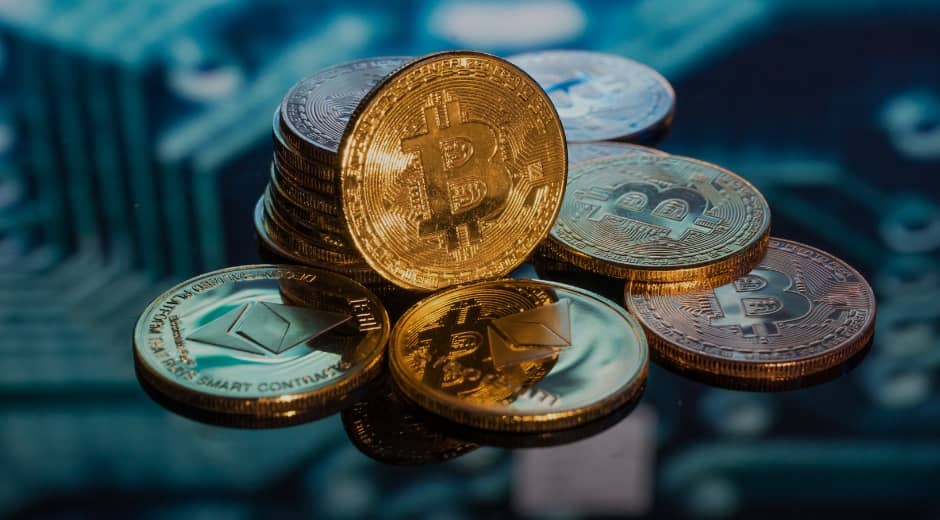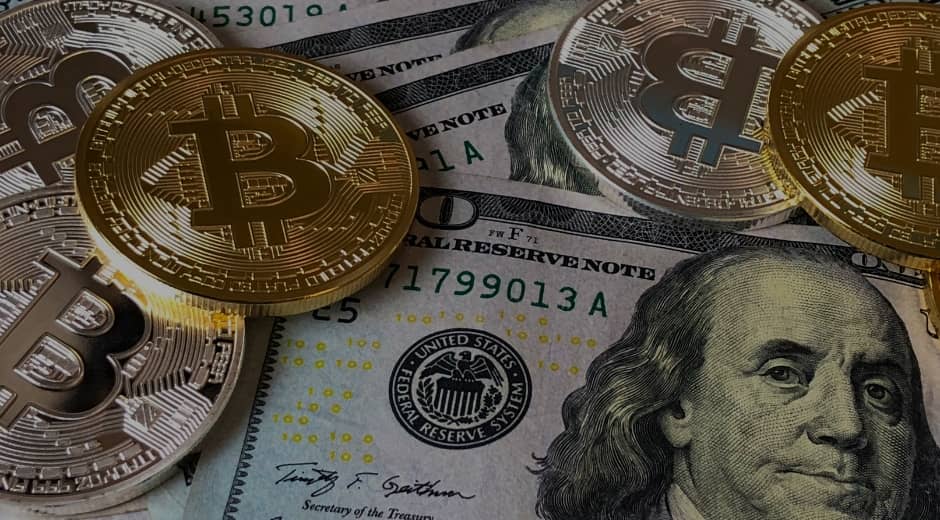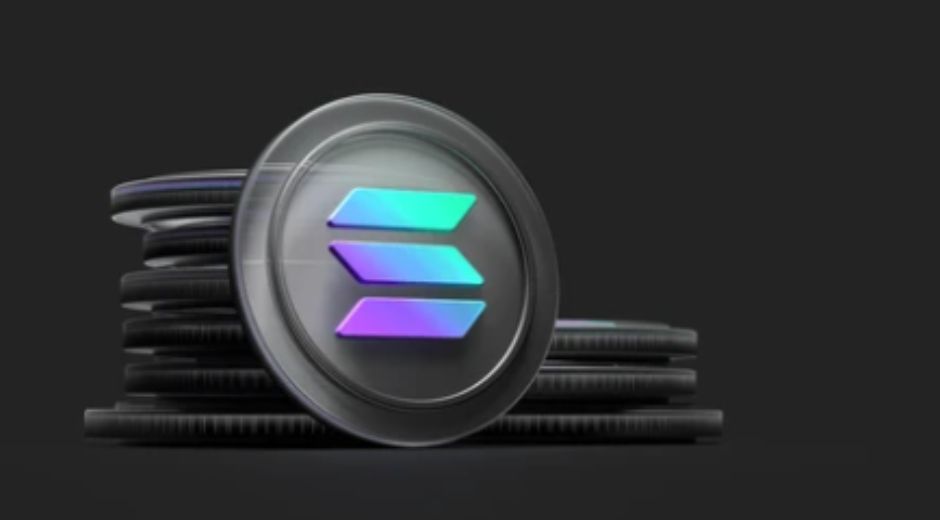Countdown to March 27, 2026 — SEC’s Final Call on Altcoin ETFs
The cryptocurrency market is on edge as the U.S. Securities and Exchange Commission (SEC) approaches its long-awaited final decision deadline for Altcoin exchange-traded funds (ETFs). The date — March 27, 2026 — could become a pivotal moment not just for altcoins but for the entire digital-asset ecosystem.
After years of cautious approvals limited to Bitcoin and Ethereum ETFs, the SEC now faces mounting pressure from asset managers, institutional investors, and even global regulators to extend access to the next wave of crypto-based financial products.
In this deep-dive, we explore what this decision means, why it matters, and which altcoins and investors stand to gain or lose the most.
Understanding Altcoin ETFs
An Altcoin ETF is an investment fund traded on stock exchanges that tracks the price of one or more cryptocurrencies other than Bitcoin or Ethereum — the “alternative” coins that populate the broader blockchain ecosystem.
The concept mirrors traditional ETFs: investors buy shares of a regulated product instead of directly holding digital tokens. This structure provides exposure to crypto price movements without needing wallets, keys, or exchanges.
Until now, the SEC has hesitated to approve such funds, citing market-manipulation risks, custody challenges, and liquidity issues. The March 2026 deadline marks the culmination of multiple filings from asset managers aiming to list ETFs tied to altcoins such as Solana (SOL), Cardano (ADA), Avalanche (AVAX), and Chainlink (LINK).
Why the March 27, 2026 Deadline Matters
The SEC operates under the Investment Company Act of 1940 and the Securities Exchange Act of 1934, which require final rulings on ETF applications within a set timeframe. After months of public comment and internal review, March 27 represents the final extension allowed under those statutes.
If the SEC does not grant approval or issue rejection by that date, applications will be considered denied by default. The outcome will determine whether U.S. investors can gain regulated access to altcoins through brokerage accounts — or remain confined to direct crypto exchanges.
Key Implications of the Deadline
-
Regulatory Clarity – The decision will clarify whether the SEC believes altcoins (beyond ETH) can be treated as commodities rather than securities.
-
Market Legitimacy – Approval would signal a new phase of institutional legitimacy for non-Bitcoin assets.
-
Global Ripple Effect – Other financial regulators (in the EU, UK, and Asia) often take cues from U.S. precedent, meaning a positive decision could unlock international adoption.
The Journey So Far: From Bitcoin to Ethereum ETFs
To understand the weight of this moment, it helps to look back at the SEC’s trajectory:
-
2013–2017: The first Bitcoin ETF applications faced rejections due to volatility and lack of surveillance.
-
2021: The SEC finally approved Bitcoin futures ETFs, paving the way for limited mainstream access.
-
2024: Ethereum ETFs received the green light after years of debate, validating ETH as a non-security commodity.
Now, Altcoin ETFs represent the logical next frontier. The agency must decide whether the same principles that applied to Bitcoin and Ethereum can be extended to other large-cap digital assets.
As a report from Chronostual.com explains, expanding ETF access could “bridge the gap between blockchain innovation and traditional finance, fostering a hybrid market ecosystem.”
The Altcoins in Focus
1. Solana (SOL)
Solana’s high throughput and developer-friendly ecosystem have positioned it as a leading Ethereum competitor. Proponents argue that its decentralized architecture and institutional partnerships make it a viable ETF candidate.
However, critics point to past network outages and the lingering shadow of FTX-related exposure. Approval of a Solana ETF would represent a significant vote of confidence in the blockchain’s resilience.
2. Cardano (ADA)
Cardano’s reputation for academic rigor and formal verification gives it a unique place among altcoins. Its slower rollout of smart-contract functionality could make it a safer, less speculative ETF choice.
Institutional investors have praised Cardano’s transparency and scalability, making it a top contender if the SEC opts for a cautious first wave of altcoin approvals.
3. Avalanche (AVAX)
Avalanche’s subnet architecture enables customizable blockchain ecosystems, appealing to both DeFi and enterprise users. Its integration into tokenized-asset infrastructure could make it particularly ETF-friendly.
As noted by analysts at Zoopora.com, Avalanche “represents a convergence between speed, scalability, and institutional-grade blockchain infrastructure — exactly the blend regulators want to see.”
4. Chainlink (LINK)
Unlike other altcoins, Chainlink isn’t a smart-contract platform but an oracle network — connecting real-world data to blockchains. Its technology underpins much of decentralized finance, making LINK a potential “infrastructure ETF” rather than a pure crypto-asset play.
Given its widespread adoption, Chainlink’s inclusion could help an altcoin ETF maintain diversified exposure across blockchain use cases.
The Arguments For and Against Approval
✅ Why Approval Makes Sense
-
Investor Protection via Regulation – A regulated ETF offers safer exposure than offshore exchanges.
-
Institutional Demand – Pension funds and asset managers are eager to diversify beyond Bitcoin and Ethereum.
-
Market Maturity – Altcoins like Solana and Cardano now have established liquidity, reducing manipulation risk.
-
Innovation Pressure – Global jurisdictions, including the EU and Hong Kong, already list diversified crypto ETFs, putting the U.S. at a competitive disadvantage.
❌ Why the SEC Might Still Say No
-
Securities Classification Debate – The SEC has previously hinted that most altcoins qualify as securities, making ETFs legally problematic.
-
Custody and Transparency Concerns – Ensuring secure custody for dozens of altcoins is more complex than Bitcoin or Ethereum.
-
Market Integrity Issues – Altcoins often trade on unregulated global exchanges, which the SEC views as potential vectors for manipulation.
What Happens If the SEC Approves
A positive decision would unleash a new wave of capital inflows into the crypto market. Analysts estimate potential short-term inflows of $20–30 billion, driven by institutional reallocations and retail enthusiasm.
Key Outcomes of Approval
-
ETF Launch Boom: Asset managers like BlackRock, Fidelity, and VanEck are expected to file additional multi-altcoin ETF proposals.
-
Altcoin Price Rally: A broad-based “legitimacy rally” could lift leading altcoins by 25–50% within months.
-
Broader Adoption: Banks and financial advisors would gain tools to offer diversified crypto exposure within retirement and advisory accounts.
Moreover, approval would shift the narrative — positioning crypto as a legitimate asset class rather than a speculative niche.
What Happens If the SEC Rejects
If the SEC issues a blanket rejection, it could temporarily dampen altcoin valuations and reduce institutional confidence. However, such a move might not end the story.
-
Legal Challenges: Applicants could pursue appeals in federal court, arguing arbitrary treatment compared to Bitcoin and Ethereum.
-
Congressional Pressure: Lawmakers seeking regulatory parity may introduce legislation to redefine digital-asset classifications.
-
Global Migration: Fund managers might pivot to launching products in more flexible jurisdictions such as the UK, Singapore, or Switzerland.
Even in rejection, the event will likely accelerate policy debate and investor education, keeping altcoin ETFs in the public spotlight.
Expert Insights and Market Reactions
Industry leaders remain cautiously optimistic.
“Whether approval comes this spring or later, the direction is clear — traditional finance and digital assets are converging,”
says Lina Park, Senior Analyst at Chronostual Digital Research.
Meanwhile, a recent Zoopora Intelligence Brief projects that regulatory alignment between the CFTC and SEC could emerge in late 2026, opening a clearer path for diversified crypto-asset ETFs.
Investors are closely watching derivative markets as a leading indicator — rising open interest in altcoin futures often precedes ETF optimism.
Conclusion: A Defining Moment for Digital Finance
The SEC’s March 27, 2026 deadline for Altcoin ETFs is more than a bureaucratic milestone — it’s a defining test for how regulators, markets, and technology converge.
If the Commission opens the door, it will validate years of innovation across blockchain ecosystems. If it slams it shut, the crypto industry will simply evolve elsewhere — but the debate over fair access and financial modernization will only intensify.
Either way, this decision is poised to reshape digital finance for the next decade.
As the world counts down to March 27, 2026, one thing is certain: whether approval or rejection, the SEC’s ruling will mark the beginning of a new chapter in crypto’s global integration.
Education Made Simple

Recession Signals Investors Should Never Ignore
Recession Signals Investors Should Never Ignore

What Stock Rotation Tells Us About the Next Bull Run
What Stock Rotation Tells Us About the Next Bull Run

How Market Cycles Shape Smart Investment Decisions
How Market Cycles Shape Smart Investment Decisions

Long Term Market Forces Driving Global Finance
Long Term Market Forces Driving Global Finance

Cross Market Dynamics Between Assets And Regions
Cross Market Dynamics Between Assets And Regions

Global Financial Shifts Reshaping Investment Strategies
Global Financial Shifts Reshaping Investment Strategies

Market Confidence Signals In Volatile Periods
Market Confidence Signals In Volatile Periods

Macro Financial Pressures Affecting Capital Markets
Macro Financial Pressures Affecting Capital Markets

Investment Climate Outlook For Global Assets
Investment Climate Outlook For Global Assets












